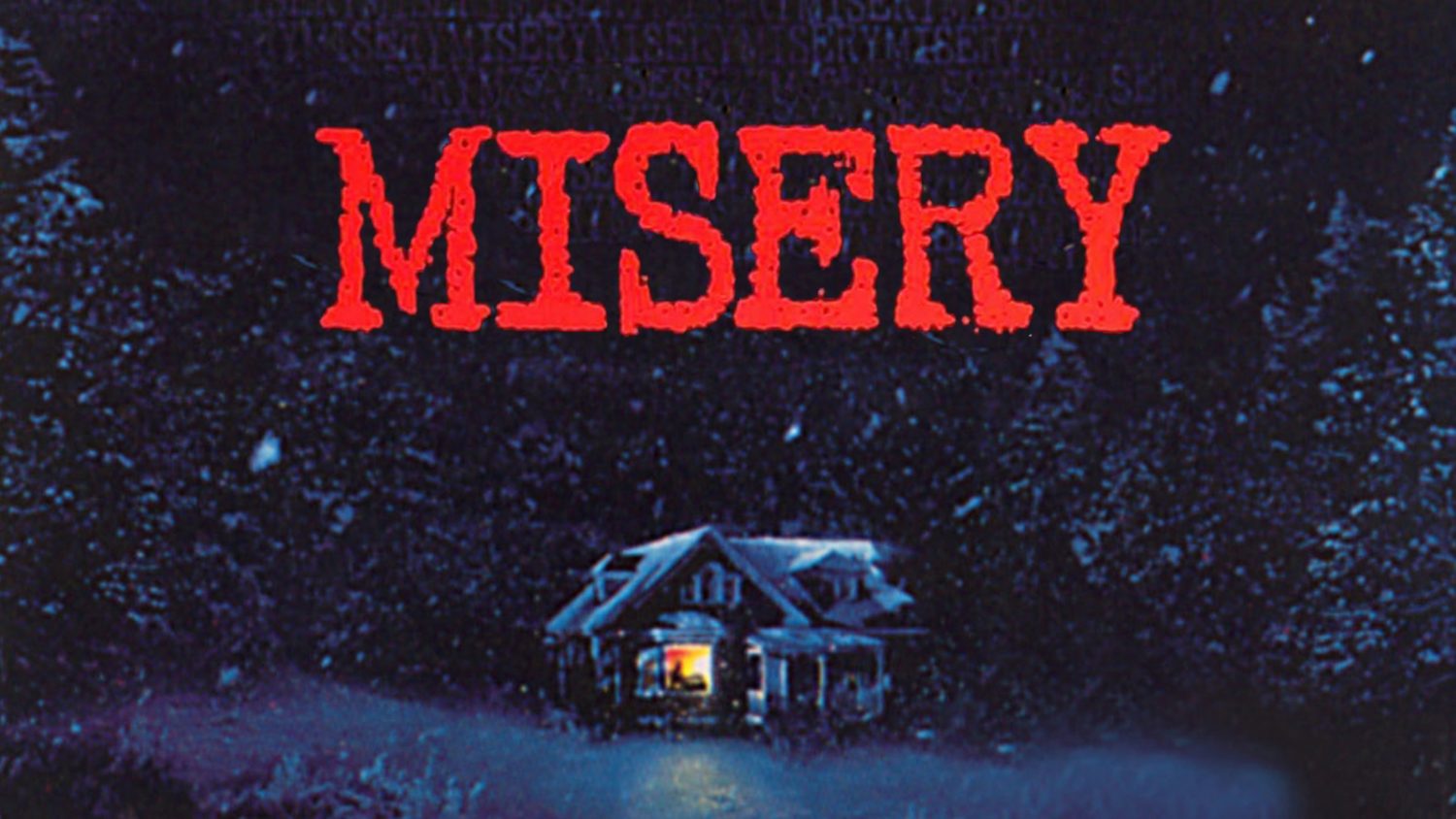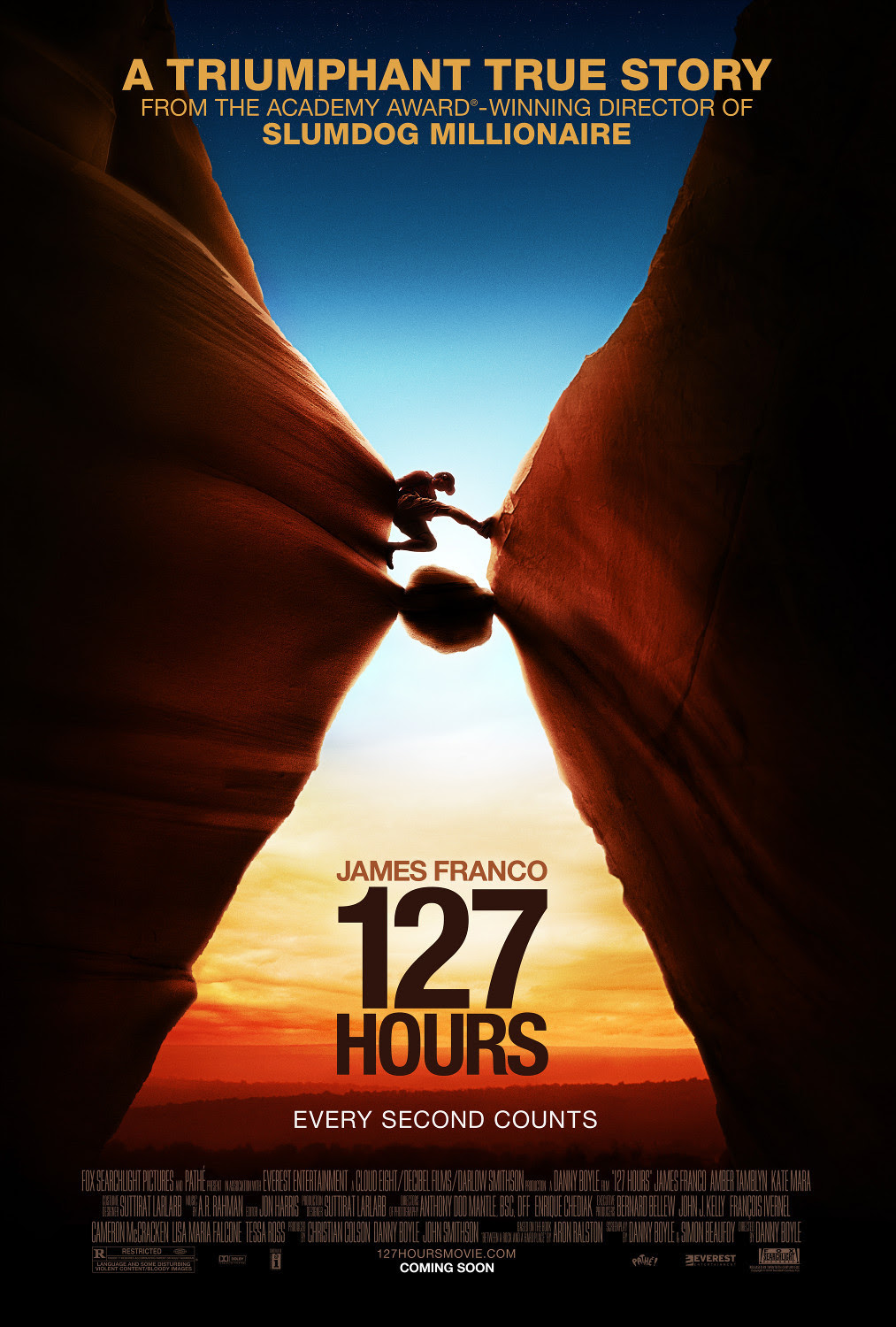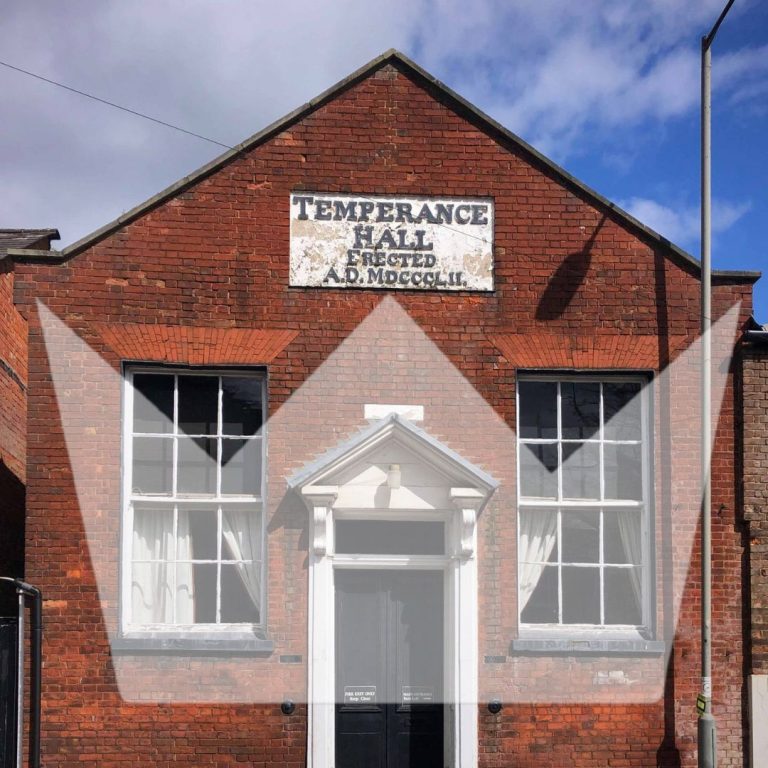The change of seasons is upon us again – time to admire nature’s glory while the leaves turn from green to gold, fill your reusable travel mug with a spiced latte and settle down to watch Linus Van Pelt wait for the Great Pumpkin. And to anyone unsure, over here in the UK, we call it autumn… Just because the leaves FALL to the ground, doesn’t mean that you have to name the whole three months after the verb. But then you might also say that I’m making an alp out of a mouldywarp hillock…
And speaking of which, (seamless segue ahoy…) Chiltern Film Society recently screened The Eight Mountains (2022) (Le Otto Montagne). Shown by the CFS as part of this year’s On Location Film Festival, The Eight Mountains is the story of Pietro and Bruno, childhood friends who meet one summer in an Alpine village and become very close, until their lives lead them in very different directions. The boys reunite in later life to build a mountain home, at the request of Pietro’s late father, for Bruno to live in.
The Eight Mountains is based on the novel by Paolo Cognetti. The Italian language film won the Jury Prize at Cannes and the Italian David di Donatello award for Best Film of the Year.
Directed by Felix van Groeningen and Charlotte Vandermeersch, who are Belgian, The Eight Mountains is a powerful study of friendship, which captures the breathtaking beauty of the Alps through stunning cinematography – the location playing an essential element to the story.

(Snow and) hail to the king, baby
Mountains often represent a looming presence that the main protagonist must confront or overcome.
Misery (1990) sees writer, Paul Sheldon (James Caan) being coerced back to full health after a car accident by his number one fan, Annie Wilkes (Kathy Bates, who won an Oscar for her role), deep in the blizzardy mountains of Colorado.
Directed by Rob Reiner (The Princess Bride (1987) – see, I tried to do something clever with the title of the article?), Misery was Reiner’s second Steven King project, after Stand By Me (1986). King, who famously loathes the screen adaptations of his work, was very impressed with both titles. (He’s probably someone you wouldn’t want to upset…)
The same, unfortunately, can’t be said for The Shining (1980), which has writer (spot any themes yet?) Jack Torrence (Jack Nicholson) employed as a winter caretaker at a deserted hotel in Colorado’s Rocky Mountains (see? Themes!). The hotel hides a horrible history, which makes an uncomfortable stay (to say the least), for Jack, his wife Wendy (Shelley Duvall – who had a terrible time both on and off screen, thanks mainly to director Stanley Kubrick), and their son Danny (but at least he had a tricycle… and playmates…).

The woman in black
Ominous and foreboding as mountains may be, their summits can also provide divine intervention. Young nuns, hoping to solve an ecumenical problem, like Maria, go to the hills to have their hearts filled with The Sound of Music (1965), passing yodelling goat herds, children wearing curtains, and holding brown paper packages tied up with string (she was way ahead of her time with the reduce, reuse, recycle policy).
Black Narcissus (1947), tells of the ill-fated convent of Anglican Sisters, who try to establish a school and hospital in the Himalayas.
The altitude, isolation and erotic paintings on the walls of the abandoned palace that they inhabit (geddit?) cause an uneasy mix of both physical and mental health issues, leading to sexual urges and murderous intent (1947!! A BRITISH FILM!!!) causing the mission to be ultimately abandoned. It’s unclear what Maria would have made of all of this, but Captain Von Trapp always did have a glint in his eye.

Love lifts us up where we belong…
Bleak, dismal, beautifully melancholic – but enough about the perils of drinking too much in your 40s. The rugged wilds of nature untamed frequently act as metaphors for life and relationships within film, the epic sweeping adventure, excitement and the harshest brutality often signposted on screen.
In Brokeback Mountain (2005), Heath Ledger and Jake Gyllenhaal star as cowboys who embark on a love affair, which they try to conceal under the guise of fishing trips, in the hyper masculine and brutish environment of 1960s rural Wyoming.
Beautifully shot and acted, Gyllenhall won Best Supporting Actor at the BAFTAs that year and the film won Oscars for Best Director (Ang Lee), Adapted Screenplay and Score.
Notable for putting Queer cinema into mainstream prominence, Brokeback Mountain was selected by the US National Film Library for being culturally significant in 2018.
Continuing the themes of doomed relationships and rugged individualism in a treacherous environment, is Cold Mountain (2003), the Civil War romantic drama by Anthony Minghella (his family’s ice cream is sold on the Isle of Wight and it was delicious, by the way).
Ada (Nicole Kidman) and Inman (Jude Law), fall in love on Cold Mountain, North Carolina, shortly before he is sent off to fight with the Confederates. Ada is left to hold fort, literally, on her family’s farm while Inman battles on the front line. After being wounded, he deserts the army, encountering all manner of horrific adventures while trying to make it back to his love. Meanwhile, Ada and the locals are also having a horrendous time, trying to keep the brutal, self-appointed vigilante law enforcers at bay, whose hobbies include commandeering ranches, torturing old ladies and shooting children. Luckily, Renée Zellweger turns up with a chicken to offer some light relief and win an Oscar for Best Supporting Actress. (I wish I knew how to quit you? Please do! It’s over two and a half hours, make it stop!)

Scaling new heights
If all that seems a bit much, stick the kettle on and relax with 90s Hugh Grant. Prior to his renaissance, helped by everyone’s favourite marmalade sandwich loving bear, and after he met Andie MacDowell, he made a small film with a massively long name.
The Englishman Who Went Up A Hill But Came Down A Mountain (1995) is the based-on-true events story of two cartographers who arrive in the small Welsh village of Ffynnon Garw (based on the real village of Taff’s Well), to measure their much loved geographical feature. Upon conducting the research, it is announced that the peak is just shy of the required 1000 feet, so it is classed as a hill. The news causes uproar with the quirky local community (the cast includes a lot of ‘Oh, that’s him..’) and they set about a scheme to heighten the mound to the required height.
Also in the 90s, came Cliffhanger (1993), where Sylvester Stallone took the action up to staggering altitudes while playing Gabe Walker, a ranger wrestling with his demons following the tragic death of his girlfriend during a mountain rescue. Gabe has to confront his past but save the day as a group of stranded mountaineers turn out to be (spoiler alert) a gang of international thieves who are looking for three suitcases full of $100 million, which they lost in the mountains after their plane crashed, and Gabe must find a way to defeat them, while staying alive in the treacherous terrain. (Put a jumper on for a start, he spends a lot of time in the snow in just a t-shirt. Honestly. Action stars!)

Between a rock and a hard place
Now, I’m pretty risk averse. The biggest gamble I take is eating out of date hummus (who doesn’t love a yellow sticker? My household, that’s who…), so climbing up a mountain just for the thrill of it, doesn’t really appeal. Plus, you might meet Brian Blessed, who would probably cause an avalanche just by cheerily saying hello.
Not so for thrill seeker Aron Ralston (James Franco), who goes hiking, alone, in Utah’s Canyonlands National Park, falls and becomes stuck in a ravine, with his right arm trapped under an unmovable boulder. The film, based on true events, follows Aron as he documents the next 127 Hours (2010) on his camcorder (my phone battery wouldn’t last a day), as he tries to figure out how to save his own life, with horrific consequences. (It is, after all, directed by Danny Boyle). 127 Hours received six Oscar nominations, including one for James Franco for Best Actor, as he almost single-handedly (ho ho) appears in every scene.
The action films, Everest (2015) and Vertical Limit (2000), are gripping reminders of what happens when adventurers do not heed weather warnings, and merrily continue (because they can) on perilous paths to the summits, before hitting a snow storm and needing to get rescued – putting themselves and all concerned in a great deal of danger.
Although these all make great stories, viewers may well be thinking: ‘They didn’t actually have to do any of this’.

Don’t try this at home
Among the many documentaries about climbers bidding to reach the highest peaks are Free Solo (2018), which sees Alex Honnold attempt to scale El Capitan in Yosemite National Park (3,000 feet) without a rope or harness.
The Last Mountain (2021), which charts Tom Ballard’s quest to climb Naba Parbat in Pakistan, following in the footsteps of his mother, record-breaking mountaineer Alison Hargreaves, who died on the ascent from K2 in 1995.
Touching The Void (2003), Simon Yates and Joe Simpson’s attempt to reach the summit of Siula Grande in the Peruvian Andes. It does not go to plan (to put it mildly), and a terrible choice has to be made to aid survival. Simon Yates has appeared at The Elgiva (a much safer environment) to talk about his ordeal. Touching The Void is regarded as one of the best mountaineering documentaries – see it from the comfort of your own sofa, or even lying flat on the floor.
And for something a bit more heartening, but still inspired by true events, try The Climb (L’Ascension) (2017). In the grey suburbs of Paris, Samy Diakhate (Ahmed Sylla) wishes to impress his would-be girlfriend Nadia (Alice Belaidi). He professes his love for her by pledging to climb Mount Everest, and goes about fulfilling his promise, despite lack of funds, equipment or any experience. The things we do for love, eh?

So, there you have it. Some ideas for your next viewing, after The Eight Mountains inspired you with nature’s sweeping beauty. We look forward to welcoming you and your Nordic walking poles to The Elgiva in the not-too-distant future, but cannot promise a huge supply of Kendal Mint Cake (NOT actually a cake…).

Stay safe and climb every mountain, until you find your dream.
We’ll see you at the movies!
Sarah
Information about the Chiltern Film Society can be found HERE




















